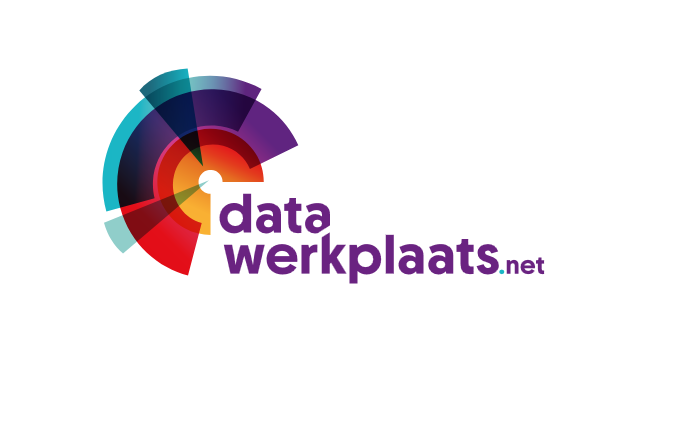The GERDA (Integrated Regional Data Infrastructure Achterhoek) project has received a nomination for the Privacy Awards 2025. The initiative, which uses data analytics to improve healthcare in the Achterhoek region, uses advanced technologies and a unique collaborative approach. GERDA is an initiative of vereniging digitalisering zorg Achterhoek and is made possible by Linksight's software. PONT | Data & Privacy spoke with Ilona Oude Nijhuis, project leader of GERDA, and Martine van de Gaar, co-founder and CEO of Linksight, about the initiative.

The Gerda project, which revolves around securely and effectively analyzing data for better health care, is an innovative approach to regional collaboration. By using privacy-enhancing technologies, such as those provided by Linksight, data from various health and wellness organizations can be linked without exposing individual data. "The chosen architecture ensures that we don't have access to the original or encrypted data in any way," explains Martine van de Gaar. The result? Insights that contribute to more efficient care processes, such as optimizing care pathways or being able to provide early help.
According to Nijhuis, GERDA's success is due in part to the joint processor agreement, in which regional health and welfare parties make clear agreements on the use and processing of data. "This not only helps us stay within legal frameworks, but also promotes trust between the participants," Oude Nijhuis explains. These agreements provide a framework with which new parties can easily step in and data analysis can be further expanded to other regions, such as Salland and Drenthe.
The GERDA project offers a scalable solution that can also be applied in other municipalities. By developing standardized templates and a joint processor agreement, regions can easily benefit from the knowledge and infrastructure gained. "We lovingly share our templates so that other regions do not have to reinvent the wheel," says Ilona Oude Nijhuis. Meanwhile, the concept has already been rolled out in Salland, Drenthe and Groningen, and the approach shows that regions can implement faster thanks to GERDA's preparatory steps in Achterhoek.
GERDA is designed to promote sustainable self-sufficiency among participating organizations. The initial installation is funded by transformation funds, but thereafter the organizations bear their own annual costs. This model ensures that stakeholders retain ownership of the process and a long-term commitment to working together. "Sharing the costs and resources not only strengthens the sense of joint responsibility, but also allows us to work faster and more effectively," says Ilona Oude Nijhuis. This not only lowers the financial threshold, but also encourages cooperation and knowledge sharing between regions.

